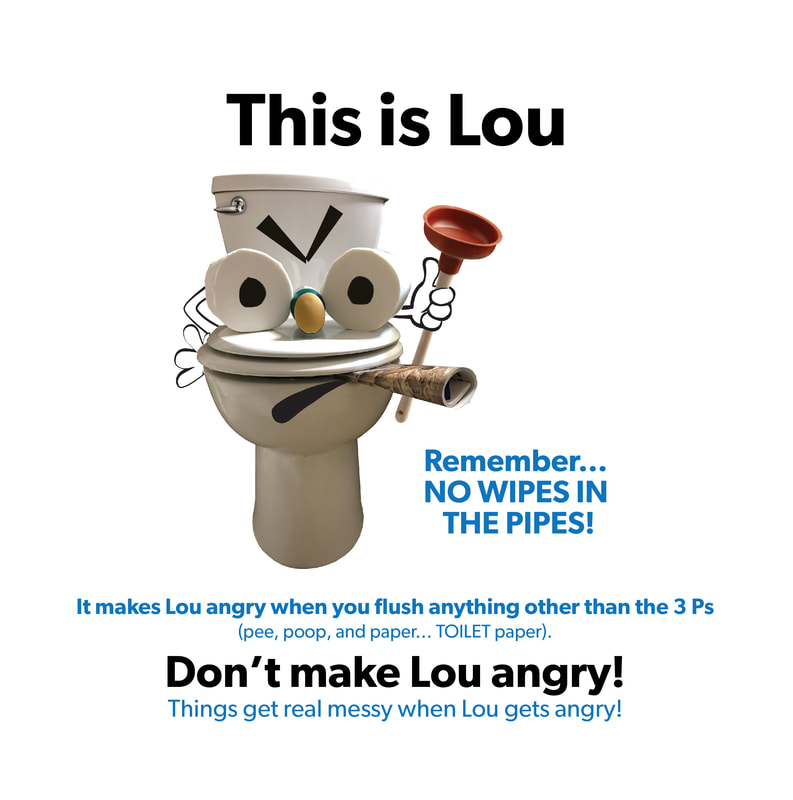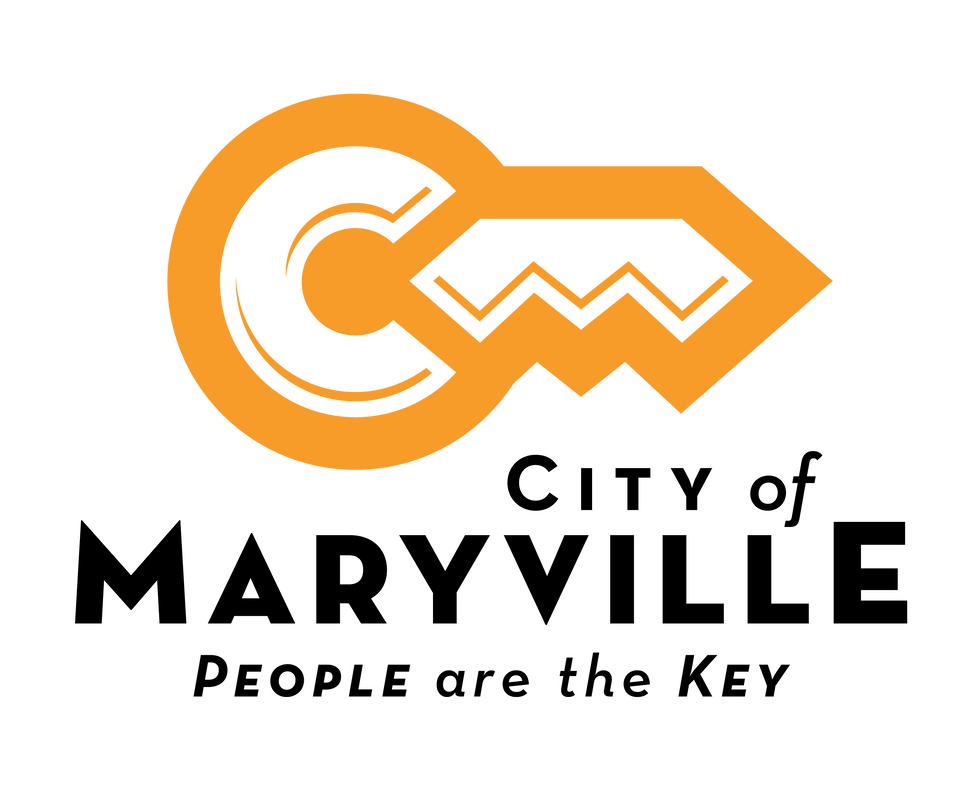The issue is that wipes and other items don't break down in water the same way toilet paper does. That makes them more likely to get stuck somewhere in the pipes and accumulate until water and waste cannot pass through. This becomes much more than just a matter of personal inconvenience when a backup causes raw sewage to flow back into your home causing thousands of dollars in damage.
Even if wipes and other flushed debris do manage to make their way through your household plumbing, they can wreak havoc on a city's wastewater system. The fabric in wipes holds together much longer than toilet paper causing the wipes to begin mixing with other particles in your system like dental floss, cotton balls, cigarettes, and grease, fat, and oil. Once the non-flushable items begin meshing and compacting together, they can quickly build in size producing a massive ball of gunk that gets trapped in the wastewater system and the treatment plant’s screens and filters warranting a costly repair.
Trash goes in the trash can… not in the toilet.
The following is a list of things you should never flush:
- diapers
- paper towels
- facial tissue
- cotton swabs
- baby wipes
- adult wipes
- hair
- gum wrappers
- candy wrappers
- facial pads
- dental floss
- cigarettes
- cotton balls
- scoops of kitty litter
- women’s hygiene products
- cleaning wipes
- adhesive bandages
- makeup remover wipes
Remember, only flush human waste and toilet paper. No wipes in the pipes!

 RSS Feed
RSS Feed
